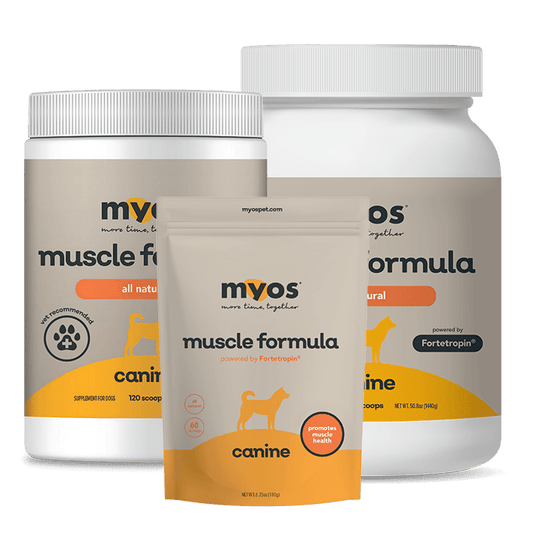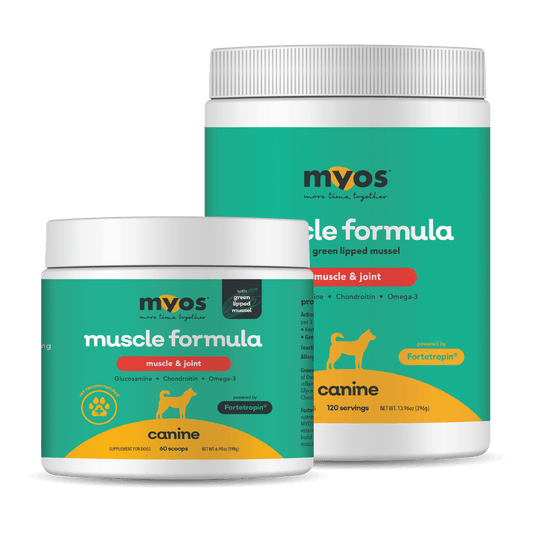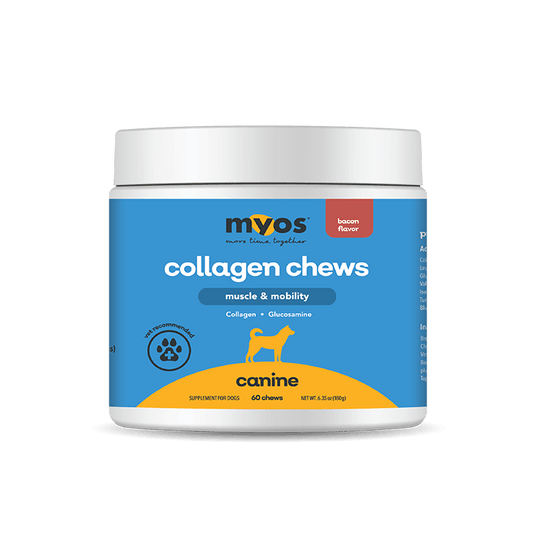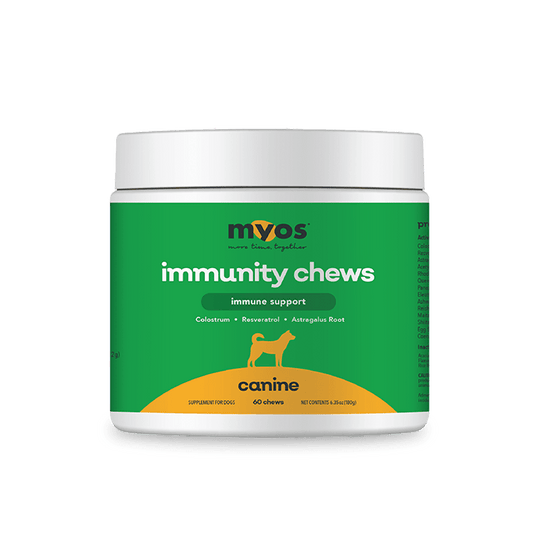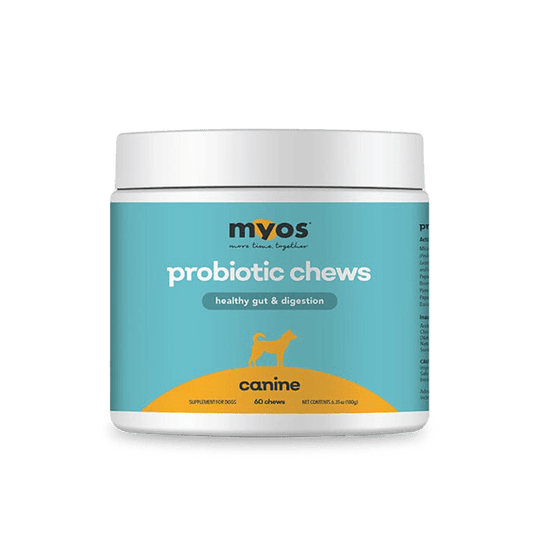March is Pet Poison Prevention Awareness Month
Human food does not always mean that it is dog-friendly. Food that is healthy and safe for human consumption may actually be poisonous to your furry best friend, even in small amounts. Why? All animals have different metabolism rates (the process in which their body breaks down food and turns it into energy).
What foods are potentially toxic to pets?
- Alcohol- In dogs, alcohol can not only cause intoxication, weak breathing and abdominal acidity, but potentially even coma or death.
-
Apple seeds- The casing of apple seeds is toxic. Always core and seed apples before you feed them to your dog.
-
Avocados- Avocados contain persin, which can cause diarrhea, vomiting and heart congestion.
-
Baking soda- Leavening agents can cause serious gastrointestinal problems for dogs.
-
Chocolate- Chocolate has a dark side which contains caffeine and theobromine, both of which can alter cellular processes and result in the stimulation of both the central nervous system and heart muscles.
-
Coffee- Keep all coffee grounds, beans, and chocolate-covered espresso beans stashed away from fido. Caffeine is toxic for dogs; it doesn’t take a huge amount to cause serious consequences.
-
Garlic- In large amounts, garlic can cause digestive inflammation and hemolytic anemia.
-
Grapes- Grapes can cause vomiting and lead to kidney failure in dogs.
-
Gum (can cause blockages and sugar free gums may contain the toxic sweetener Xylitol)
-
Hops- This ingredient used in home beer brewing can be poisonous to your dog.
-
Macadamia nuts- Ingesting even small amounts of macadamia nuts can be lethal to your dog.
-
Milk- While small amounts aren’t considered toxic, dairy can cause digestive problems in many dogs. Just be cautious.
-
Moldy foods- Bacteria in old, spoiled food contains a lot of toxins that could be poisonous to your dog.
-
Mushrooms- Mushrooms can be extremely poisonous, even fatal to dogs. Some kinds are worse than others; prevention is key.
-
Nutmeg- Nutmeg contains a compound called myristicin which, when ingested in large quantities, can lead to rapid heart rate, hallucinations, and seizures in dogs.
-
Onions, onion powder, chives- Considered some of the worst foods you could give your dog since they contain disulfides and sulfoxides (which can cause anemia and damage red blood cells).
-
Peach pits- Pits or seeds from peaches, plums or persimmon fruits can cause intestinal issues in dogs.For this reason, it’s best to keep these fruits out of their reach.
-
Potato (Green)- The green parts of a raw potato (or potato skin) contains solanine which can be poisonous to your pup.
-
Raisins- Like grapes, even a small amount of raisins can make a dog ill.
-
Rhubarb leaves- These contain oxalates, which can cause, drooling, vomiting, diarrhea, lethargy, weakness, tremors and bloody urine.
- Salt- Too much salt can lead to sodium ion poisoning in dogs.
-
Sugar- As with any packaged food, always read the ingredient label before serving. Too much sugar can lead to dental issues, obesity and even diabetes.
-
Tea- Like coffee, steer clear of tea because it contains caffeine.
-
Tobacco- Nicotine in tobacco can be lethal to dogs. If you’re a smoker, it’s important to always keep cigarettes out of reach of your pooch.
-
Tomato leaves and stems- Like rhubarb, tomato leaves (the green parts) contain oxalates, which can be poisonous to dogs. If you have a tomato garden, it is best to keep your pup out so they don’t chew on the green parts or their vines.
-
Vitamins- Human vitamins could cause a mineral overdose for your dog.
-
Black Walnuts- Most nuts are not good for dogs, but especially English walnuts. Many contain compounds that can accelerate the growth of bladder stones.
-
Xylitol- This artificial sweetener found in gum, candies, toothpaste and many baked goods is toxic to pets.
- Yeast dough- Yeast can expand and rise in your dog’s stomach which, if consumed in large cases could be extremely dangerous.
- Cooked Bones- Can easily splinter causing constipation or even possible to the gut.
When In Doubt, Ask Your Vet
Note that this is not an exhaustive list. When in doubt, if you suspect that your dog has ingested any questionable item, call Pet Poison Helpline or your veterinarian immediately. Also, learning some common signs of pet poisoning can help you be prepared in the case of an emergency.
Signs of food poisoning in dogs can vary widely but some common symptoms include:
-
Vomiting
-
Diarrhea
-
Drooling
-
Convulsions
-
Depression
-
Lethargy
-
Black or bloody stool
Take a Proactive Approach To Your Dog’s Health
Are you interested in taking a proactive approach to keeping your dog healthy and improving their wellbeing? Find out more about MYOS Canine Muscle Formula, powered by Fortetropin for your dog. And, for your own muscle health, learn more about YOLKED, Muscle Enhancement fueled by Fortetropin.

